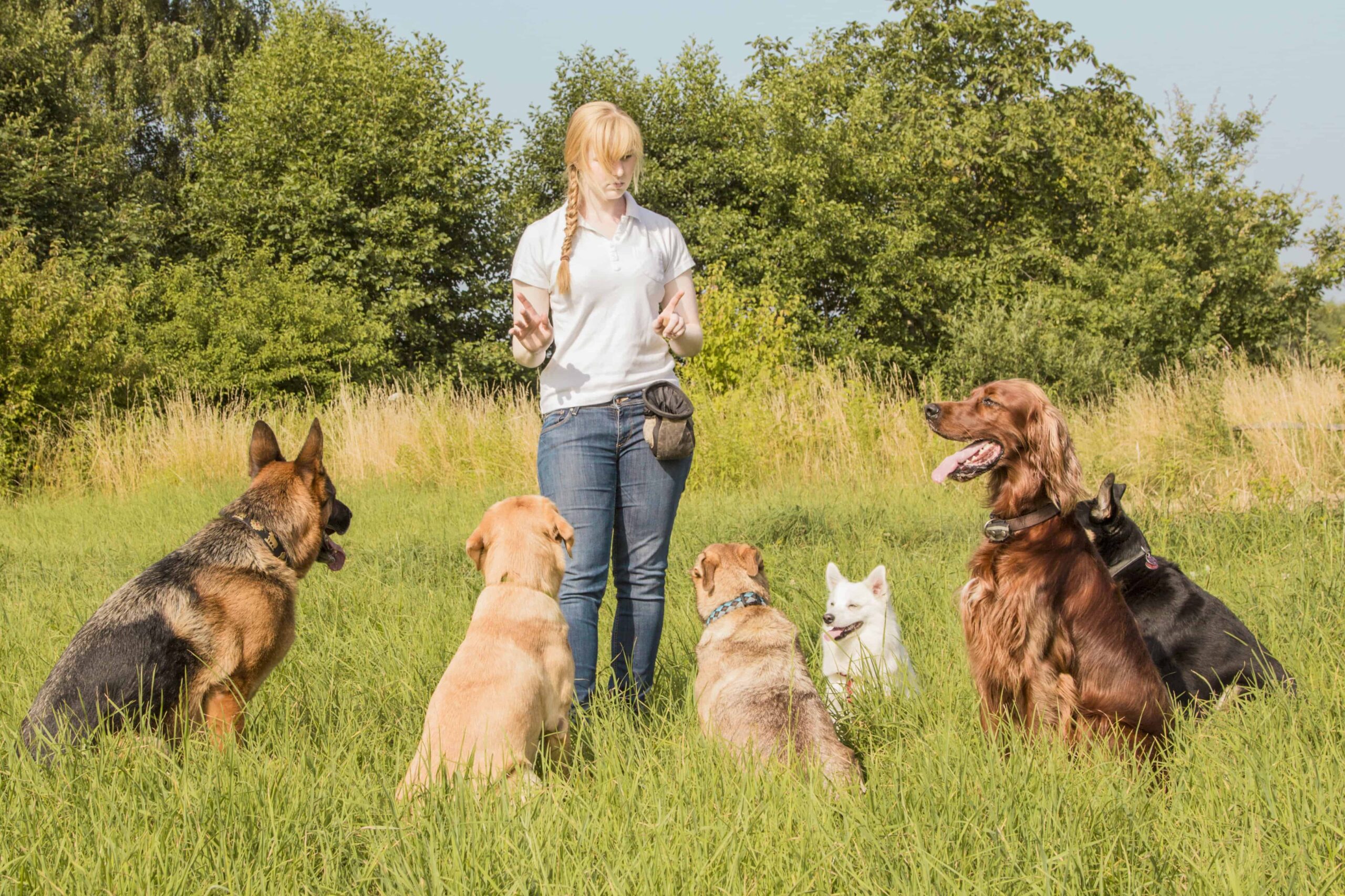7 Essential Documents for Freelance Dog Trainers

In today's dynamic freelance market, becoming a freelance dog trainer offers unique opportunities for those passionate about canine behavior and training. Whether you're just starting out or looking to refine your operations, understanding the legal and operational essentials can make a significant difference. This guide delves into the 7 essential documents every freelance dog trainer should have to ensure smooth operations, legal compliance, and professional success.
1. Service Agreement

A Service Agreement is fundamental for setting clear expectations between you and your clients. This document outlines:
- The scope of services provided, including training methods and goals.
- Payment terms, including deposits, fees, and cancellation policies.
- Liability clauses to protect against unforeseen events.
- Confidentiality agreements to safeguard client information.

📝 Note: Ensure your service agreement is reviewed by a legal professional to cover all necessary points and comply with local laws.
2. Client Intake Form

The Client Intake Form is crucial for gathering detailed information about your clients and their pets. It should include:
- Client and dog’s contact information.
- Medical history, vaccinations, and any behavior issues.
- Client expectations and training objectives.
- Emergency contact details.
Having a comprehensive intake form helps in:
- Understanding the dog's background and behavior better.
- Setting realistic training goals.
- Preparing for potential challenges.
3. Training Schedule & Plan

A clear Training Schedule & Plan lays out the roadmap for both you and the client:
- Session timings, frequency, and duration.
- List of behaviors to address and the training techniques used.
- Evaluation criteria for measuring progress.
This document ensures:
- Clients are aware of the commitment required for effective training.
- You can track progress and make adjustments to the plan if necessary.
- Both parties have a mutual understanding of the training journey.
4. Waiver of Liability

In the dog training business, incidents can occur despite careful planning. A Waiver of Liability:
- Outlines the inherent risks involved in dog training.
- Asks clients to acknowledge these risks.
- Provides some level of protection for you against claims arising from normal training activities.
5. Progress Reports

Providing Progress Reports keeps clients informed about their dog's training achievements:
- Notes on behavior improvements.
- Challenges faced and how they're being addressed.
- Recommendations for continued at-home practice.
| Week | Behavior | Improvement |
|---|---|---|
| 1 | Recall | Learned to come when called in the backyard. |
| 2 | Sit/Stay | Can now sit and stay for up to 1 minute. |

📝 Note: Consistent progress reports not only enhance transparency but also build client trust and satisfaction.
6. Behavior Contract

Sometimes, a Behavior Contract might be necessary for dogs with specific issues:
- Defines unacceptable behaviors.
- Outlines the expected changes in behavior.
- Establishes consequences for non-compliance with training protocols.
7. Invoice Template

An Invoice Template ensures you are paid correctly and on time:
- Includes itemized services with costs.
- Specifies payment due dates and any late fees.
- Provides multiple payment options.
All these documents collectively form the backbone of your freelance dog training business. They protect you legally, set expectations, and help in maintaining a professional and organized approach to your work.
Summarizing key points, having these documents in place allows you to:
- Provide clarity and professionalism to your clients.
- Ensure you are covered from a legal standpoint.
- Track progress and client satisfaction effectively.
- Maintain a structured and successful business model.
Why do I need a Service Agreement as a freelance dog trainer?

+
A Service Agreement outlines the scope of your work, payment terms, and provides legal protection for both you and the client. It sets clear expectations and can prevent misunderstandings or disputes.
Can I use a generic intake form?

+
While generic forms are available, it’s beneficial to customize your Client Intake Form to include specific information relevant to dog training, such as medical history or previous training experiences.
What should I do if a client disputes the invoice?

+
If a client disputes an invoice, review the Service Agreement for clarity on payment terms. Communicate with the client to understand their concerns, and if necessary, provide detailed documentation or adjust the invoice according to agreed changes.